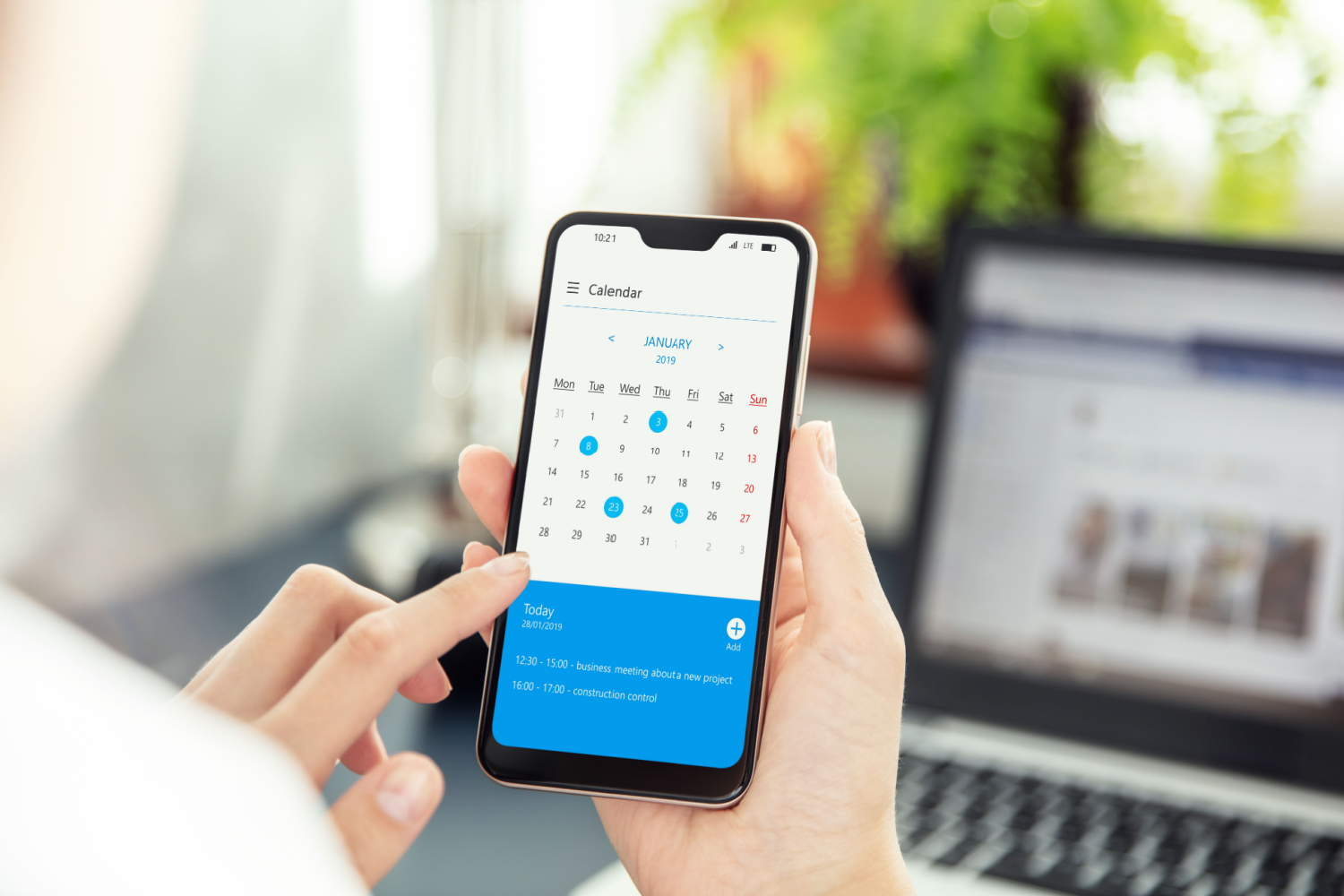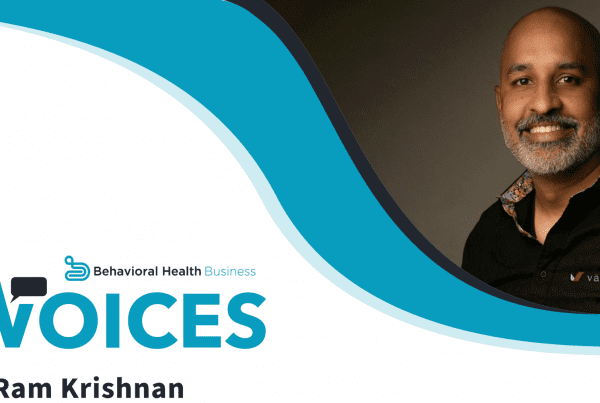Patient engagement is one of the cornerstones of an effective behavioral health practice. When patients actively participate in their own care, it can play a pivotal role in their treatment and outcomes. Today, automated reminders have emerged as a powerful tool for enhancing patient engagement. They help ensure that your patients receive the care they need when they need it. Automated reminders have a number of benefits, from a reduction in no-shows to consistent medication management. They can even simply help to remind patients that their well-being is a priority.
The Impact of Patient Engagement
Connecting with patients can be a critical aspect of effective healthcare delivery. Better relationships between patients and professionals lead to better outcomes. In the field of behavioral health, where consistent care can make a huge difference in a patient’s well-being, reducing missed appointments matters. A 2018 BJPsych Open study found that “reminded appointments were significantly more frequently attended than non-reminded appointments.” That’s because most appointment no-shows are the result of forgetfulness.
Improving adherence to scheduled appointments is just one of the ways automated reminders can help patients receive the treatment they need. Reduced no-show rates mean patients are engaging with their treatment and receiving the care they need to make progress. And because no-shows mean reduced revenue and wasted time, minimizing them benefits your behavioral health practice, too.
Many things can hinder a patient’s motivation and make it harder for them to seek care. Managing appointments and adhering to treatment can be stressful. You can alleviate some of that stress for your patients by simplifying the process, providing reminders, and reducing the mental burden they may otherwise experience.
Try the 3-3-3 strategy for pacing your reminders:
- Send the first reminder three weeks ahead of the appointment.
- Send the second reminder three days ahead of the appointment.
- Send the third reminder three hours ahead of the appointment.
Benefits of Automated Reminders
In behavioral health, the patient experience is not just about clinical care but also about the level of respect and consideration that patients feel. Automated patient reminders make managing appointments more convenient, reinforcing for your patients that you are considerate of their time. They also create a sense of continuous engagement between patients and their behavioral health providers. Trust is essential, and consistent communications that take patient needs and preferences into account can go a long way toward building that trust.
Automated reminders address several common issues that can impede treatment:
- Attendance rates: Appointment reminders significantly reduce no-show rates, making your patients more likely to show up. As a result, they receive the care they need in order to make progress.
- Improved communication: Automated reminders keep your patients informed, offer a convenient channel for questions and concerns, and foster a sense of connection.
- Enhanced efficiency: Automated reminders free up your staff’s time, reducing administrative work and even the potential for errors. The time saved can be channeled into providing better patient care.
Setting up automated messages can slash the amount of time you and your staff spend on administrative tasks. A fully-equipped EHR enables you to deliver updates to your patients through their preferred channels.
Check out our Patient Communications Savings Calculator and see how much you can save with automated reminders.
Implementing Effective Automated Reminder Systems
Choose a system that allows you to customize reminders to align with the unique needs of your patients and your practice. For example, you’ll want to be able to specify the frequency, timing, and content of reminders. Finding the right cadence is important: Some patients could benefit from more frequent reminders to support their memory or executive functioning, while others may find too many reminders to be off-putting.
Not all patients want the same thing. Look for the ability to offer multiple channels for reminders, including text messages, emails, and phone calls. You’ll have the best luck reaching your patients when you use their preferred method. When you have a new patient, ask them during the onboarding process which method they prefer.
The last thing you want is for your patients to be concerned about the privacy or confidentiality of their health information. Automated reminder systems that adhere to strict privacy standards and encryption protocols help alleviate any data security concerns. An EHR software with a fully-integrated patient portal can give your patients a secure way to manage their care while ensuring HIPAA compliance.
Personalizing Reminders for Behavioral Health
Personalization is key to many aspects of behavioral health practices—and that includes automated reminders. Generic reminders may not be effective. What works for one patient may not work for another, and even patients dealing with similar mental health issues can have vastly different preferences. Understanding the unique needs of each of your patients is an important part of creating reminders that will encourage the desired response.
Each communication should leave your patients feeling informed and valued.
Overcoming Patient Barriers
Your patients can face a range of barriers to their attendance and treatment. Addressing these challenges can foster trust and improve their engagement with your practice. This leads to better patient satisfaction and ultimately better outcomes.
Forgetfulness is one of the most common barriers; automated reminders serve as a memory aid, helping patients remember their appointments. Again, the 3-3-3 strategy gives your patients more notice to plan.
The stigma around mental health treatment can also be a barrier to some seeking care. Automated reminders can help patients who feel isolated or hesitant. Some EHR systems offer two-way communication, allowing patients to raise questions or concerns they may have. Patients are more likely to adhere to appointments and treatment plans when they feel like they have an open line of communication with their care team.
Ensuring Patient Privacy and Compliance
Patient privacy and confidentiality are top priorities in behavioral health practices. Any automated reminder system you choose should adhere to HIPAA and other regulations. Look for:
- Secure communication: The system should use functions such as encryption or password protection where possible. When something is encrypted, the contents remain unintelligible to unauthorized parties even if it’s somehow intercepted.
- Patient consent: Patients have to provide consent to receive reminders via their chosen communication channels. Obtaining explicit consent demonstrates that your practice is committed to patients having control over how their healthcare information is communicated.
- Regular auditing: Periodic reviews of the automated reminder system can ensure ongoing compliance with privacy regulations. Audits should cover the management of patient data, communication channels, and security protocols.
Your practice’s staff should undergo training on HIPAA regulations and other privacy standards to ensure they understand how to handle patient information securely.
What to Know about Automated Reminders
Automated reminders are a tool that can significantly enhance patient engagement in your behavioral health practice. From improving attendance rates to encouraging communication, and from personalizing reminders to addressing patient-specific barriers, automated reminders offer a variety of benefits. To make the most of them, choose a reliable system that aligns with the unique needs of your practice and your patients, while keeping private information secure.
By using automated reminders thoughtfully, you can enhance patient outcomes while also increasing practice efficiency.
References / Sources:
https://www.ncbi.nlm.nih.gov/pmc/articles/PMC6020281/
https://www.businesswire.com/news/home/20190306005043/en/Solutionreach-Data-Analysis-Uncovers-Optimal-Patient-Reminder-Timing-to-Maximize-Appointments
https://www.hhs.gov/hipaa/index.html
https://www.fcc.gov/general/telemarketing-and-robocalls#:~:text=In%20an%20effort%20to%20address,artificial%20or%20prerecorded%20voice%20messages









